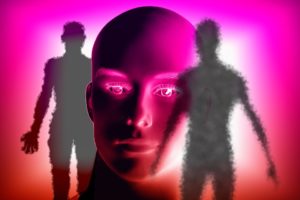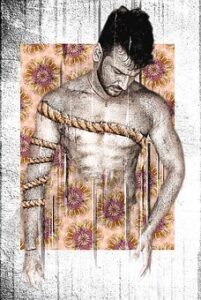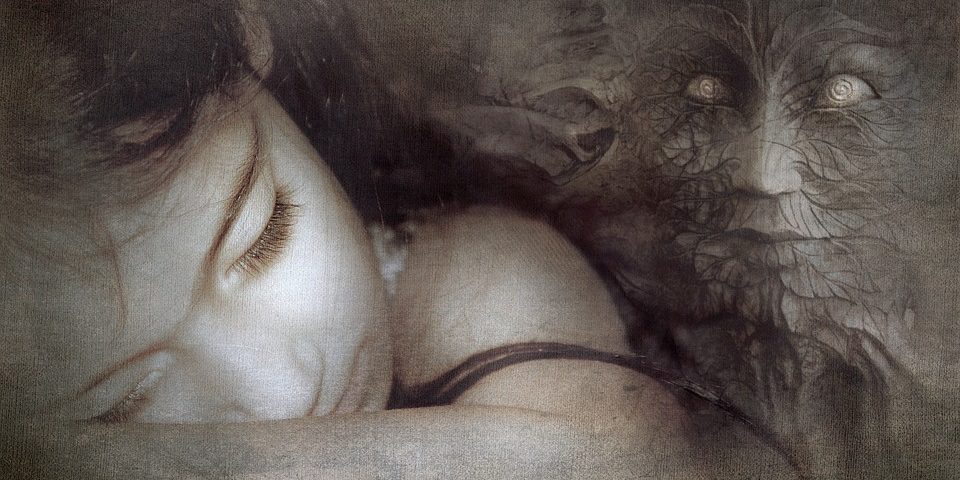 DISSOCIATION: “In psychology, dissociation is any of a wide array of experiences from mild detachment from immediate surroundings to more severe detachment from physical and emotional experiences. The major characteristic of all dissociative phenomena involves a detachment from reality, rather than a loss of reality as in psychosis.” – Wikipedia
DISSOCIATION: “In psychology, dissociation is any of a wide array of experiences from mild detachment from immediate surroundings to more severe detachment from physical and emotional experiences. The major characteristic of all dissociative phenomena involves a detachment from reality, rather than a loss of reality as in psychosis.” – Wikipedia
“Terror and bliss? COMMONALITIES AND DISTINCTIONS BETWEEN SLEEP PARALYSIS, LUCID DREAMING, and their associations with waking life experiences…
…Sleep paralysis and lucid dreaming are both dissociated experiences related to rapid eye movement (REM) sleep. Anecdotal evidence suggests that episodes of sleep paralysis and lucid dreaming are related but different experiences…
… Confirming anecdotal evidence, sleep paralysis and lucid dreaming frequency were related positively and this association was most apparent between lucid dreaming and sleep paralysis episodes featuring vestibular‐motor hallucinations. Dissociative experiences were the only common (positive) predictor of both sleep paralysis and lucid dreaming…
association was most apparent between lucid dreaming and sleep paralysis episodes featuring vestibular‐motor hallucinations. Dissociative experiences were the only common (positive) predictor of both sleep paralysis and lucid dreaming…
…sleep paralysis was predicted by sleep quality, anxiety and life stress, whereas lucid dreaming was predicted by a positive constructive daydreaming style and vividness of sensory imagery…
…while sleep paralysis is related primarily to issues of sleep quality and wellbeing, lucid dreaming may reflect a continuation of greater imaginative capacity and positive imagery in waking states.


…Sleep paralysis frequency (but not lucid dreaming) was associated with poorer sleep quality and greater stress and anxiety, whereas lucid dreaming frequency (but not sleep paralysis) was associated with positive constructive daydreaming and more vivid imagination…
…lucid dreaming was not associated with negative affective states or poor sleep quality, and may be reflective of a continuation of greater imaginative capacity and positive relationship with imagery in waking states…

…Notwithstanding these limitations, this study has provided the first evidence linking sleep paralysis and lucid dreaming, not only to each other but also to important and relevant waking states such as daydreaming, dissociative experiences and affect…”
Excerpts are from the following study – with pictures added – Denis D, Poerio GL. Terror and bliss? Commonalities and distinctions between sleep paralysis, lucid dreaming, and their associations with waking life experiences. J Sleep Res. 2017 Feb;26(1):38-47. doi: 10.1111/jsr.12441. Epub 2016 Jul 27. PMID: 27460633; PMCID: PMC5245115.
Related Post(s):
